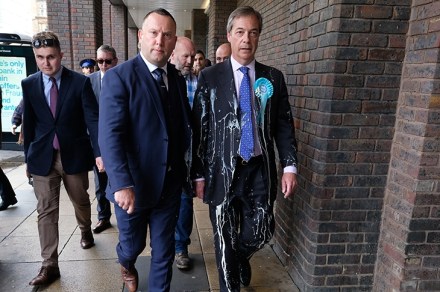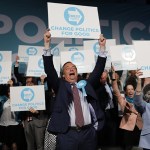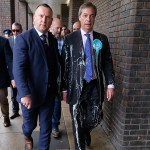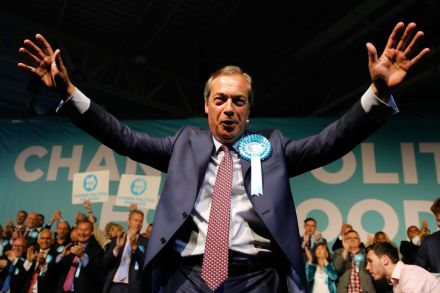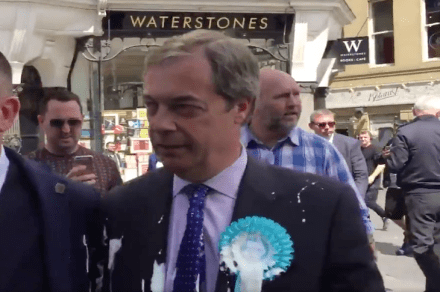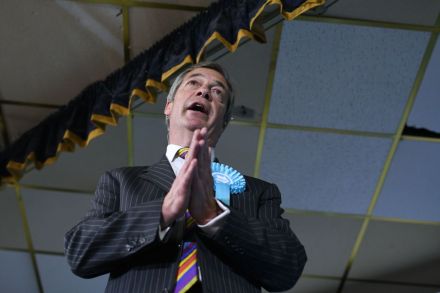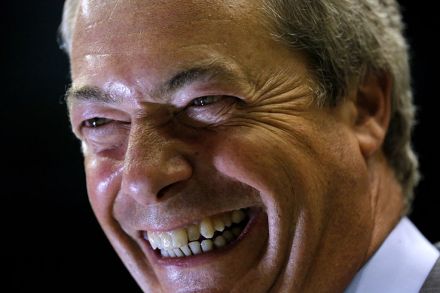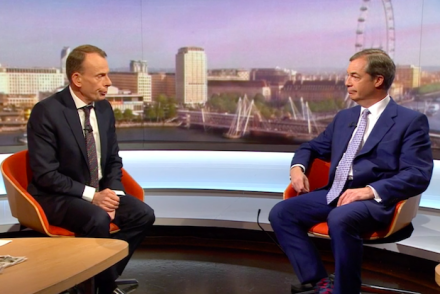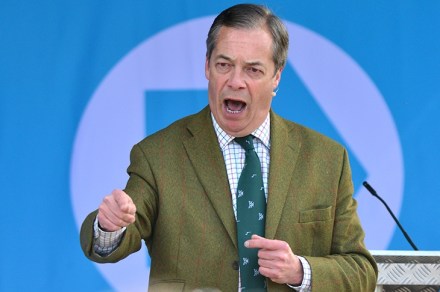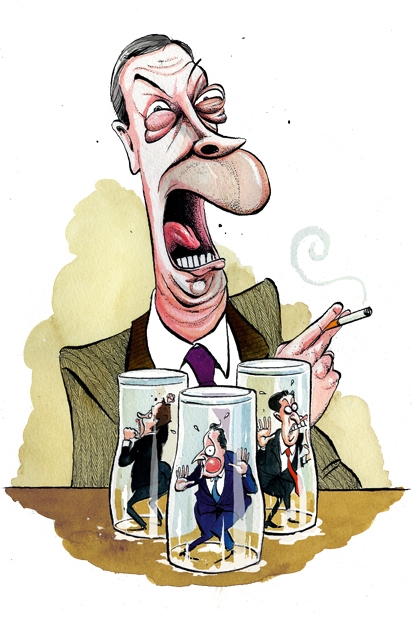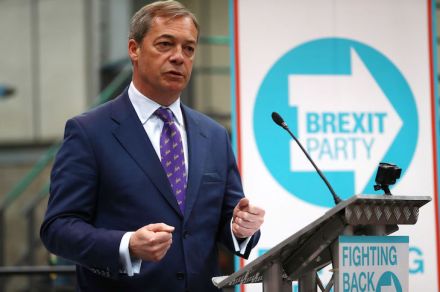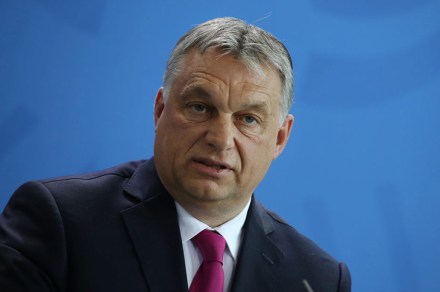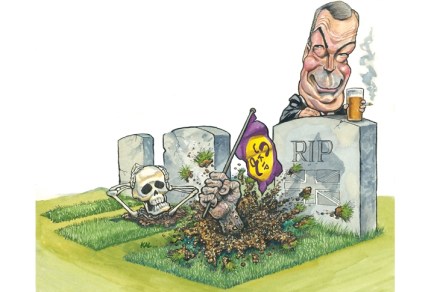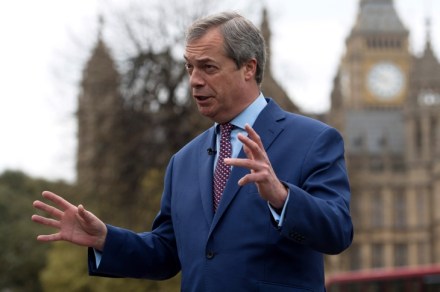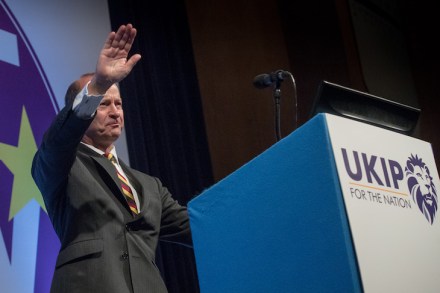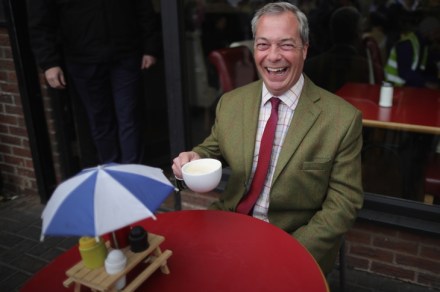Barometer | 23 May 2019
Milkshakes and other missiles What can the man who threw a milkshake over Nigel Farage in Newcastle expect as a punishment, from past precedent? — Tony Blair was struck by a tomato in Bristol in 2001. His attacker was given a two-year conditional discharge. — In the same year, John Prescott had an egg thrown at him in Wales. The attacker was punched in the face by Prescott. — In 2004 Tony Blair had a condom full of purple-dyed flour thrown at him in the House of Commons. The assailant was given a two-year conditional discharge. — In March, a man was jailed for 28 days for throwing an egg
